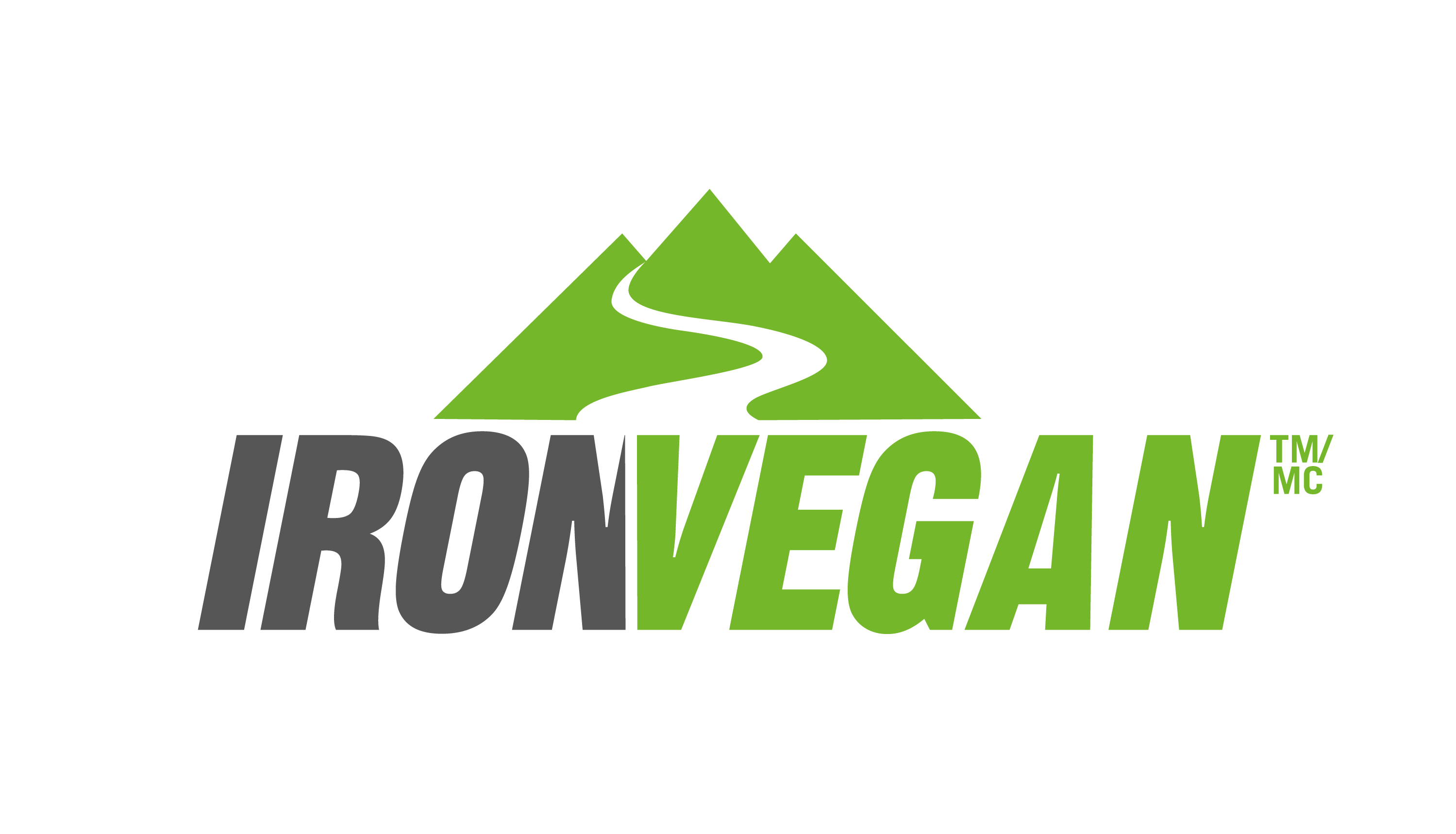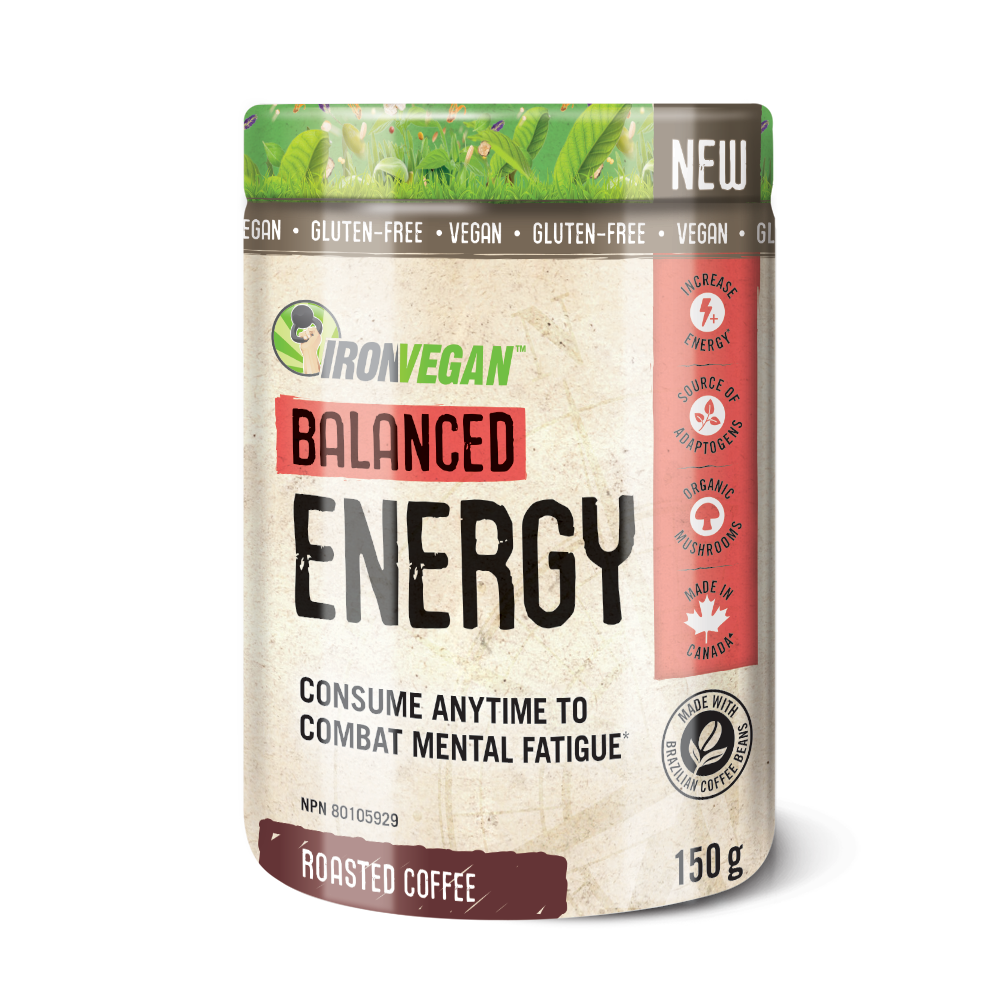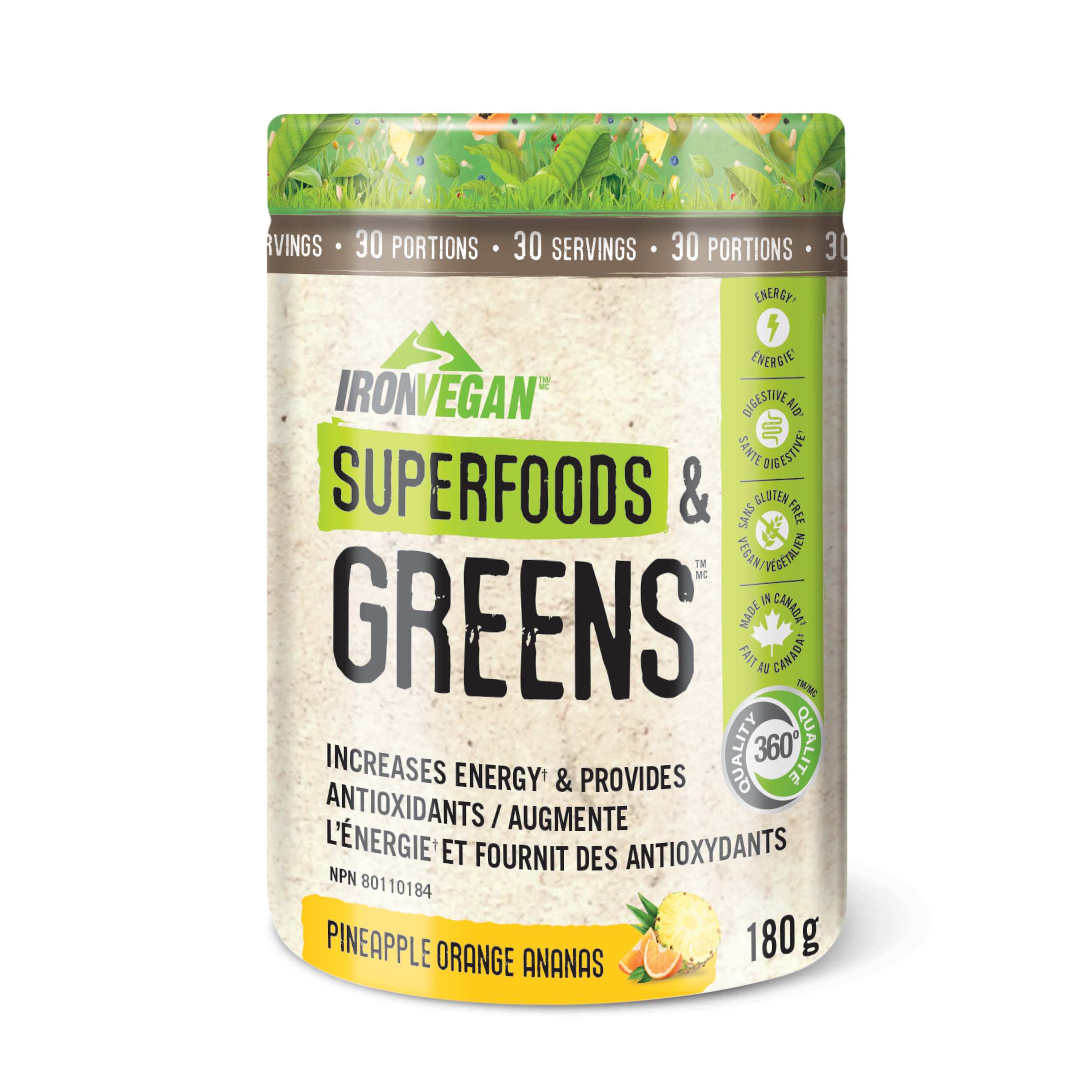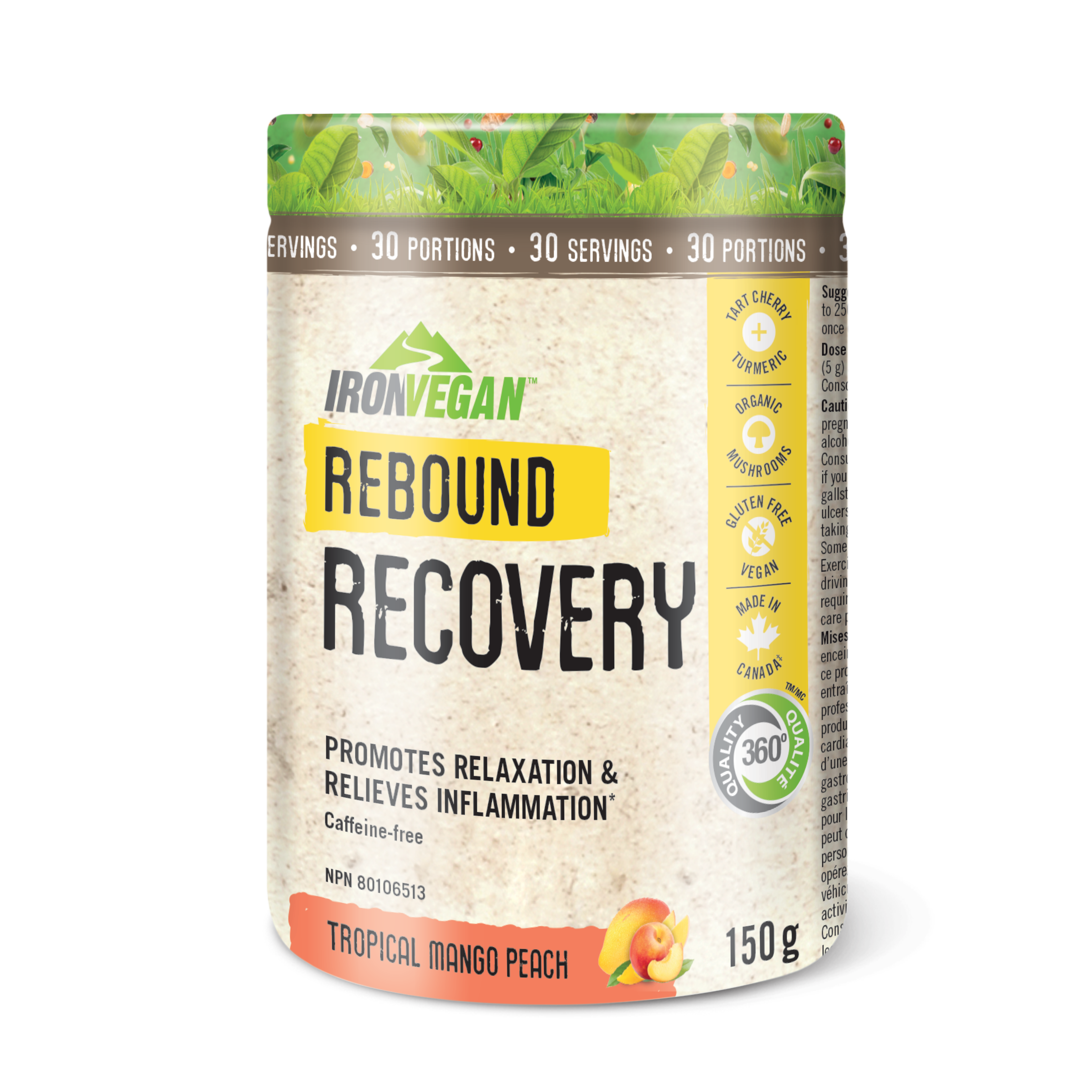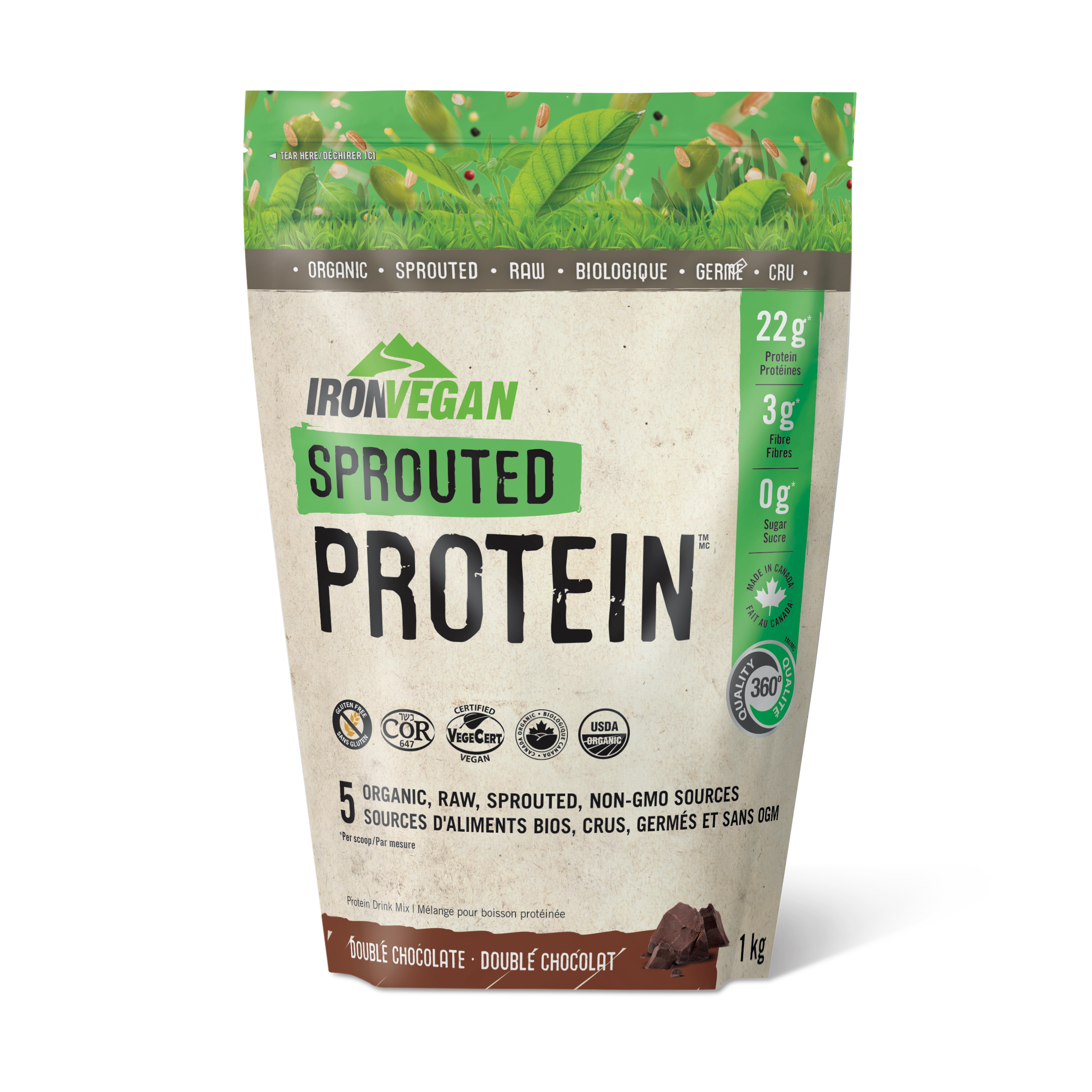In a world full of diet recommendations, you may have asked yourself, “which diet is best for me?” Is it intermittent fasting? Maybe it’s just low carb. How about no carb? Try out Paleo while you’re at it. Don’t forget about a juice detox. Oh, and just switch over to a high protein diet afterwards. With a variety of popular diets out in the market, you could try a different “flavour” each month. It can be confusing and overwhelming when it comes to understanding which diet is best for you. Let’s take a deep dive into 5 of the most popular diets, their health benefits and so much more.
Mediterranean Diet
What is it?
The Mediterranean diet is one of the most recommended diets for its overall health benefits.1 This diet originates from the food patterns of countries bordering the Mediterranean Sea, like France, Spain, Greece & Italy.1
This diet emphasizes whole grains, fruits & vegetables, legumes, nuts and seeds, lean meat, fatty fish, and olive oil. It limits processed foods, refined grains, and added sugars. This diet also encourages as much physical activity as possible.1
Health Benefits1
The Mediterranean diet is the most studied diet in the research community, promotes improved heart health by lowering blood pressure and risk of heart disease and stroke.
- Promotes better blood sugar balance
- Promotes better cognitive health
What we like about this diet:
- Easy to follow and allows for variety, something that is lacking in other diets
- No food groups are restricted
- Equal emphasis on an active lifestyle
What we feel is lacking in this diet:
- Not all cultures consume the food groups emphasized in this diet like lentils, legumes, and fatty fish
Low-Carb Diet
What is it?
A low-carb diet is a popular diet, especially for those looking to lose weight. There are many variations of this diet (e.g. Atkins diet, Keto diet) with the common factor being eating very few carbohydrates. This diet allows for eating unlimited amounts of protein, fat and only about 15-20 grams of carbohydrates.2 This diet is popular because it helps with weight loss, and that’s because the body starts to break down fat and use it as a primary energy source instead. 2
Health Benefits:
There is plenty of research that’s been done on this popular diet, showing benefits like:
- Reduction in appetite, which helps reduce caloric intake3
- Reduction in triglycerides and increase in high density cholesterol aka “good” cholesterol4
- Reduction in blood sugar levels and insulin5
- Reduction in blood pressure6
What we like about this diet:
- The health benefits speak for themselves
What we feel is lacking in this diet:
- It’s restrictive. Removing an entire food group (grains and certain fruits) also removes key nutrients that those foods provide, like B vitamins. It also creates negative feelings towards healthy foods and could lead to disordered eating
- It’s not sustainable in the long term
- Challenging for vegans and vegetarians as carbohydrates are a staple and key energy source
All in all, if your goal is to lose weight or stabilize cardiovascular risk factors, then this diet could work in the short term but is not sustainable in the long run.
Intermittent Fasting
What is it?7
Intermittent fasting is more of an eating pattern than it is a diet. It’s rooted in establishing a “feeding time” and a “fasting time”. There are many different methods of establishing these times:
- 16:8 method: this the most popular and well-known method. It means you fast for 16 hours and only eat for 8 hours. This usually means you are skipping breakfast or having an early dinner.
- Eat-stop-eat method involves 24-hour fasts, twice a week on non-consecutive days.
- 5:2 diet: eating a low calorie diet (500-600 kcals/day) for two non-consecutive days with normal eating patterns for the other 5 days of the week.
Health Benefits:7
- Weight loss
- Less muscle loss than standard calorie restriction
- Reduces markers of inflammation, cholesterol, and blood sugar levels
What we like about this diet:
- No food restrictions: this diet doesn’t tell you what to eat or what to exclude. It only limits the time you spend eating.
- Flexible timings: you can pick and choose the days you’d like to fast (for the 5:2 method) or the timing of day you’d like to eat (for the 16:8 method)
What we feel is lacking in this diet:
- Satiety levels: many individuals on this diet pattern may not feel nourished or full throughout the day
- It’s not for everyone: It’s safe for well-nourished and healthy people but should be avoided by those who are sensitive to drops in blood sugar levels. It’s also not safe for those who are diabetic, pregnant or breastfeeding.
All in all, this diet is great for those who don’t want to remove any food groups.
Flexitarian Diet
What is it?
This diet pattern includes all food groups with an encouragement of eating plant-based meals and limiting animal products.
Health Benefits:8
- Studies on this specific diet are lacking as it is a newly identified way of eating. However, health benefits of eating a vegetarian diet can be applied to this diet as the dietary pattern is very similar.
- A diet with a focus on fibreand antioxidant-rich diet is good for the heart
- Plant-based foods are lower in calories, which could aid in weight management
- Fruits and vegetables are high in fibre and low in sugar which can be helpful for blood sugar managementSome obstacles faced in following this dietary pattern:
- Meat and animal products contain essential vitamins like vitamin B12, iron, zinc, and omega-3 fatty acids, so avoiding deficiencies should be top of mind
All in all, this diet is great for those individuals who want to incorporate more plant-based foods into their diet while also enjoying animal products on an occasional basis. It also allows for flexibility and it doesn’t completely remove food groups!
Vegan Diet
What is it?
This diet is rooted in eating only plant-based foods and no animal products or by-products.
Health Benefits:
- Increases satiety from fibre-rich foods such as lentils, legumes and vegetables
- Linked with lower body weight9
- Reduced risk of heart disease and type 2 diabetes9
Some things to keep in mind:
- By eliminating all animal products and by-products, there is an increased chance of developing deficiencies in vitamin B12, iron, calcium, zinc and omega-3 fatty acids 8
- It may be difficult to reach protein requirements
All in all, there are many health benefits of following a vegan dietary pattern, and it’s also great for the environment. There are some concerns about meeting macronutrient and some micronutrient requirements, so planning meals and supplementing should be top of mind for these individuals.
References:
- Gunnars, K. (2021, October 25). Mediterranean diet 101: Meal plan, foods list, and tips. Healthline. Retrieved September 9, 2022, from https://www.healthline.com/nutrition/mediterranean-diet-meal-plan
- Oh R, Gilani B, Uppaluri KR. Low Carbohydrate Diet. [Updated 2022 Jul 11]. In: StatPearls [Internet]. Treasure Island (FL): StatPearls Publishing; 2022 Jan-. Available from: https://www.ncbi.nlm.nih.gov/books/NBK537084/
- Gibson AA, Seimon RV, Lee CM, Ayre J, Franklin J, Markovic TP, Caterson ID, Sainsbury A. Do ketogenic diets really suppress appetite? A systematic review and meta-analysis. Obes Rev. 2015 Jan;16(1):64-76. doi: 10.1111/obr.12230. Epub 2014 Nov 17. PMID: 25402637.
- Yancy WS Jr, Olsen MK, Guyton JR, Bakst RP, Westman EC. A low-carbohydrate, ketogenic diet versus a low-fat diet to treat obesity and hyperlipidemia: a randomized, controlled trial. Ann Intern Med. 2004 May 18;140(10):769-77. doi: 10.7326/0003-4819-140-10-200405180-00006. PMID: 15148063.
- Volek JS, Phinney SD, Forsythe CE, Quann EE, Wood RJ, Puglisi MJ, Kraemer WJ, Bibus DM, Fernandez ML, Feinman RD. Carbohydrate restriction has a more favorable impact on the metabolic syndrome than a low fat diet. Lipids. 2009 Apr;44(4):297-309. doi: 10.1007/s11745-008-3274-2. Epub 2008 Dec 12. PMID: 19082851.
- Foster GD, Wyatt HR, Hill JO, McGuckin BG, Brill C, Mohammed BS, Szapary PO, Rader DJ, Edman JS, Klein S. A randomized trial of a low-carbohydrate diet for obesity. N Engl J Med. 2003 May 22;348(21):2082-90. doi: 10.1056/NEJMoa022207. PMID: 12761365.
- Gunnars, K. (2022, June 16). Intermittent fasting 101 - the ultimate beginner's guide. Healthline. Retrieved September 9, 2022, from https://www.healthline.com/nutrition/intermittent-fasting-guide#simpler-lifestyle
- Streit, L. (2022, January 12). The flexitarian diet. Healthline. Retrieved September 9, 2022, from https://www.healthline.com/nutrition/flexitarian-diet-guide#foods-to-eat
- Mishra S, Xu J, Agarwal U, Gonzales J, Levin S, Barnard ND. A multicenter randomized controlled trial of a plant-based nutrition program to reduce body weight and cardiovascular risk in the corporate setting: the GEICO study. Eur J Clin Nutr. 2013 Jul;67(7):718-24. doi: 10.1038/ejcn.2013.92. Epub 2013 May 22. PMID: 23695207; PMCID: PMC3701293.
